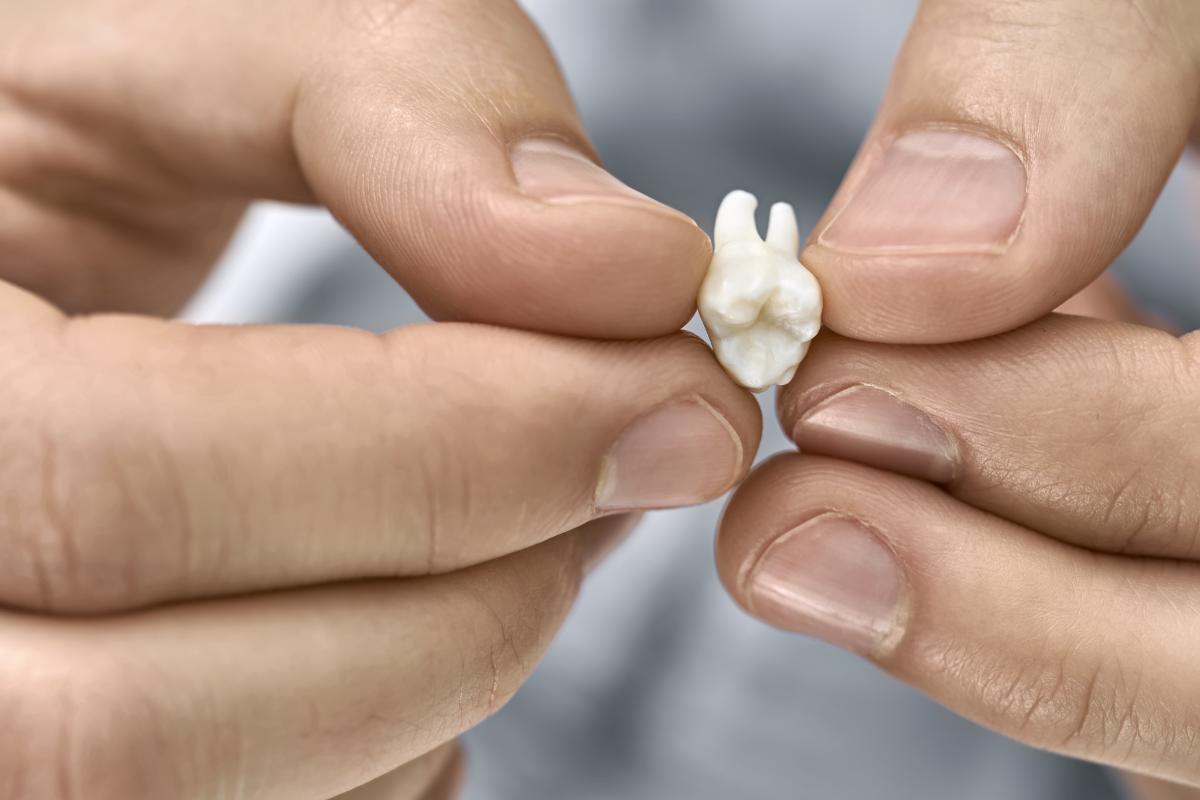An avulsed tooth is one that has been knocked out or forcibly removed from its socket in the jaw. When this happens it can be painful, and very scary. This would be considered a dental emergency that requires immediate attention. If treated promptly, there is a chance that the tooth can be saved. Dr. Lina Jarboe and Dr. Burton Waxman of Access Endodontics can assist with certain dental emergencies. Our experienced team is here to provide the very best dental treatment when the inner tooth has been compromised. Just call our Howard County endodontics practice today at 410.304.7226 or reach out to us online to get started.
What Is an Avulsed Tooth?
An avulsed tooth is a tooth that has been knocked out of the socket, either partially or fully, due to trauma or injury. It’s a painful dental emergency that needs to be addressed immediately to save the tooth from being lost permanently.
An avulsed tooth can happen for various reasons, including:
- Sports injuries
- Accidents
- Falls
- Physical fights or assaults
Dental health conditions such as advanced gum disease, tooth decay, or infected roots can also weaken the tooth’s connection to the bone, making the tooth more prone to falling out. In some cases, the tooth may be pushed back into its socket, though it’s not always possible or recommended.
It’s typically easy to tell when a tooth has been avulsed because it often results in blood, pain, and shock. It’s important to remain as calm as possible, as the faster you seek treatment, the better the chances are of saving your tooth.
Avulsed Tooth Treatment
If you or someone you know have an avulsed tooth, it’s important to seek dental care right away. The treatment for an avulsed tooth begins with locating the tooth if it’s missing. Once found, the tooth should be held by the crown, avoiding touching the root, and rinsed with milk, saline solution or water. The tooth can be temporarily repositioned back into the socket, biting down on gauze or cloth to hold it in place on the way to the dentist. If the tooth cannot be repositioned, it should be kept moist in milk or the patient’s saliva. Dental treatment for an avulsed tooth can vary depending on the severity of the injury. It may include splinting the tooth to prevent it from moving, prescribing antibiotics to prevent infections, and possibly undergoing a root canal procedure or surgery to stabilize the tooth.
The primary advantage of prompt treatment for an avulsed tooth is the tooth’s potential for reattachment to the bone or saving it through a root canal procedure. This means that you can save your natural tooth without having to go through other, more costly, and time-consuming treatments like dental implants or dentures. Furthermore, receiving dental treatment right away can help reduce the risk of developing infections or dental abscesses. If you don’t receive prompt treatment, your avulsed tooth may be lost.
Contact Access Endodontics for Dental Trauma
Treating a damaged tooth can be complex, but it’s essential to receive prompt dental care to increase the likelihood of saving the tooth. If you or someone you know are experiencing dental trauma, don’t hesitate to contact Access Endodontics for immediate assistance. Our team of experienced dental professionals can help you receive the treatment you need, restore your oral health, and help you keep your natural teeth for years to come.
Experiencing tooth pain? Call Access Endodontics at 410.304.7226 or connect with our team online—we look forward to helping you with your endodontic needs.

